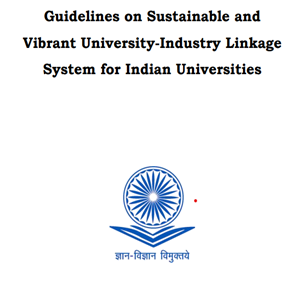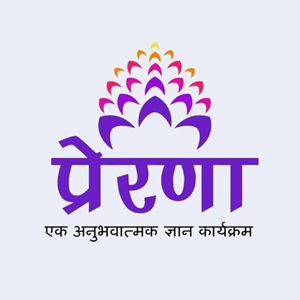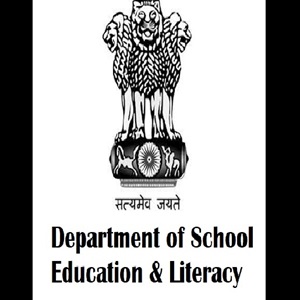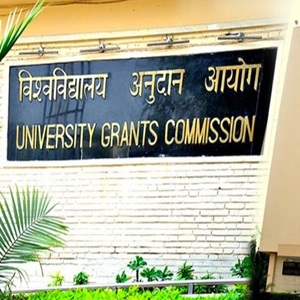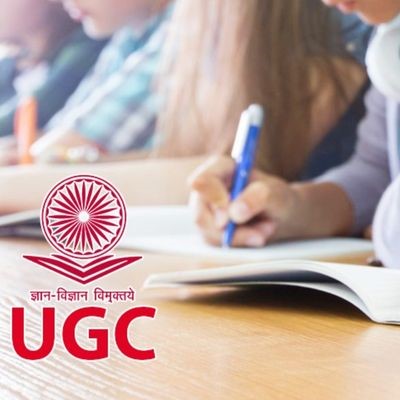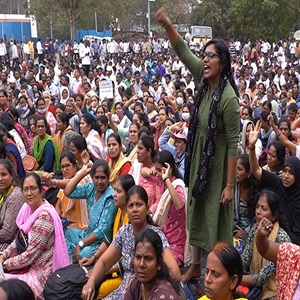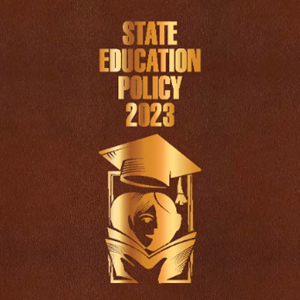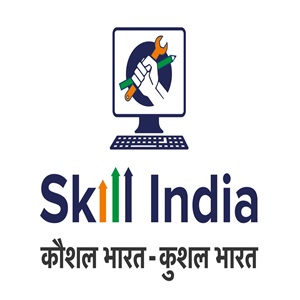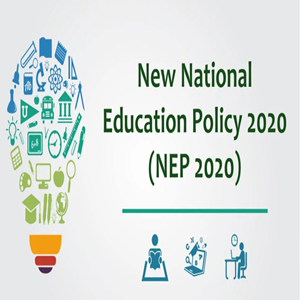|
|
|
|
UGC has released Implementation Guidelines on
“Sustainable and Vibrant University-Industry Linkage System for Indian Universities”.
Read more
Draft
|
Department of School Education & Literacy, Ministry of Education, Government of India has launched ‘Prerana: An Experiential Learning program’, aiming to offer a meaningful,
unique, and inspiring experience to all participants, thereby empowering them with leadership qualities.
Read more
|
|
|
|
Department of School Education and Literacy has given an
year end review of the initiatives and programmes undertaken during the year.
Read more
|
The University Grants Commission (UGC) has launched a
comprehensive plan for its officials to build and enhance their abilities, efficiency and qualifications.
Read more
|
|
|
|
IGNOU launches four-year undergrad program to offer diverse educational opportunities to students.
Read more
|
UGC Invites Authors & Critics To Write UG Books In 12 Indian Languages.
Read more
|
|
Edu-Prism
Learning Disability among School Students
Learning disability is a common challenge that many school students face. It refers to a
neurological condition that affects the way a person processes information. It can lead to
difficulties in reading, writing, speaking, listening, and even in solving math problems. Learning
disabilities are not related to intelligence, and students with learning disabilities are just as capable
as their peers, but they require different teaching methods and accommodations to succeed academically.
The prevalence of learning disabilities among school students in India is a growing concern. It not only affects the academic performance of the students but also hinders their overall development and future prospects. The most common types of learning
disabilities observed in Indian students are dyslexia, dysgraphia, dyscalculia, and attention-deficit/hyperactivity disorder (ADHD).
One of the major challenges in addressing learning disabilities is the lack of awareness and understanding of the condition. Many people, including parents, teachers, and even some healthcare professionals, do not fully comprehend the impact of learning disabilities on a child's education.
This results in late diagnosis and intervention, which can have a significant impact on a child's academic progress.
Another significant factor contributing to the issue is the stigma and discrimination associated with learning disabilities. In a country where academic success is highly valued, students with learning disabilities are often labeled as "lazy" or "dumb," which can lead to low self-esteem and academic underachievement. As a result, many students with learning disabilities
face bullying and teasing from their peers, making it even more challenging for them to cope with their condition.
Though there is an effort to address learning disabilities, still there is a lack of specialized support
and accommodations, such as extra time during exams, assistive technology, and individualized education plans, which are crucial for the academic success of students with learning disabilities.
To address these challenges, it is essential to create awareness and understanding about learning disabilities among parents, teachers, and the general public. Schools should have trained professionals who can identify and support students with learning disabilities. The curriculum and teaching methods should also be modified to cater to the needs of these students. Additionally,
the government must provide necessary support and resources to schools to ensure the inclusion of students with learning disabilities.
To conclude, learning disabilities among school students in India are a significant concern that
needs to be addressed. With the right support and accommodations, students with learning disabilities can achieve academic success and lead a fulfilling life. It is crucial for all stakeholders, including parents, teachers, schools, and the government, to work together to create a more inclusive and supportive environment for students with learning disabilities.
By
Dharani S
Research Associate, CESS
|
Minister Dr M C Sudhakar’s assurance of Rs 5,000 hike in salary,
post-retirement monetary benefits and health insurance has not found favour with the guest lecturers undertaking a foot march.
Read more
|
|
|
|
A large majority of educationists during a discussion called by the committee framing the framing the
State Education Policy (SEP) are not in favor of the Four Year Undergraduate Programme.
Read more
|
Sridhar Rajagopalan writes: Looking back at education in 2023.
Read more
|
|
|
|
Dewangi Sharma writes: Skill India - Education to Employment Bridge
Read more
|
Dr. Wani writes: Enshrined in NEP 2020: What does “Rootedness in India” means?
Read more
|
|
Centre for Educational and
Social Studies
The Centre for Educational and Social
Studies (CESS) is a registered society
established in 2006. Since its
inception CESS has been working in the
field of education. CESS, guided by
its vision of bringing about ‘Social
Transformation Through and With
Education’ is striving to draw the
attention of stakeholders, including
State and Central Government, on vital
issues of education. We at CESS engage
in Research, Policy Advocacy and
Capacity Building in the broad sphere
of Education. In the recent past,
since the unveiling of NEP, CESS has
conducted over 100 webinars and
stakeholders consultations on policy
awareness and on policy implementation
and has reached out to more than
30,000 stakeholders of education. CESS
has launched ‘NEP Ready’-a capacity
building training workshops to
facilitate HEIs in the effective
implementation of NEP 2020.
Disclaimer: This document is being
presented to you for your information.
The information and opinions in the
news articles contained in Shikshana
Mahithi are captured from the
government websites and authors of the
articles. CESS is a not-for-profit
organization and does not endorse the
presented news.
|
|
|

